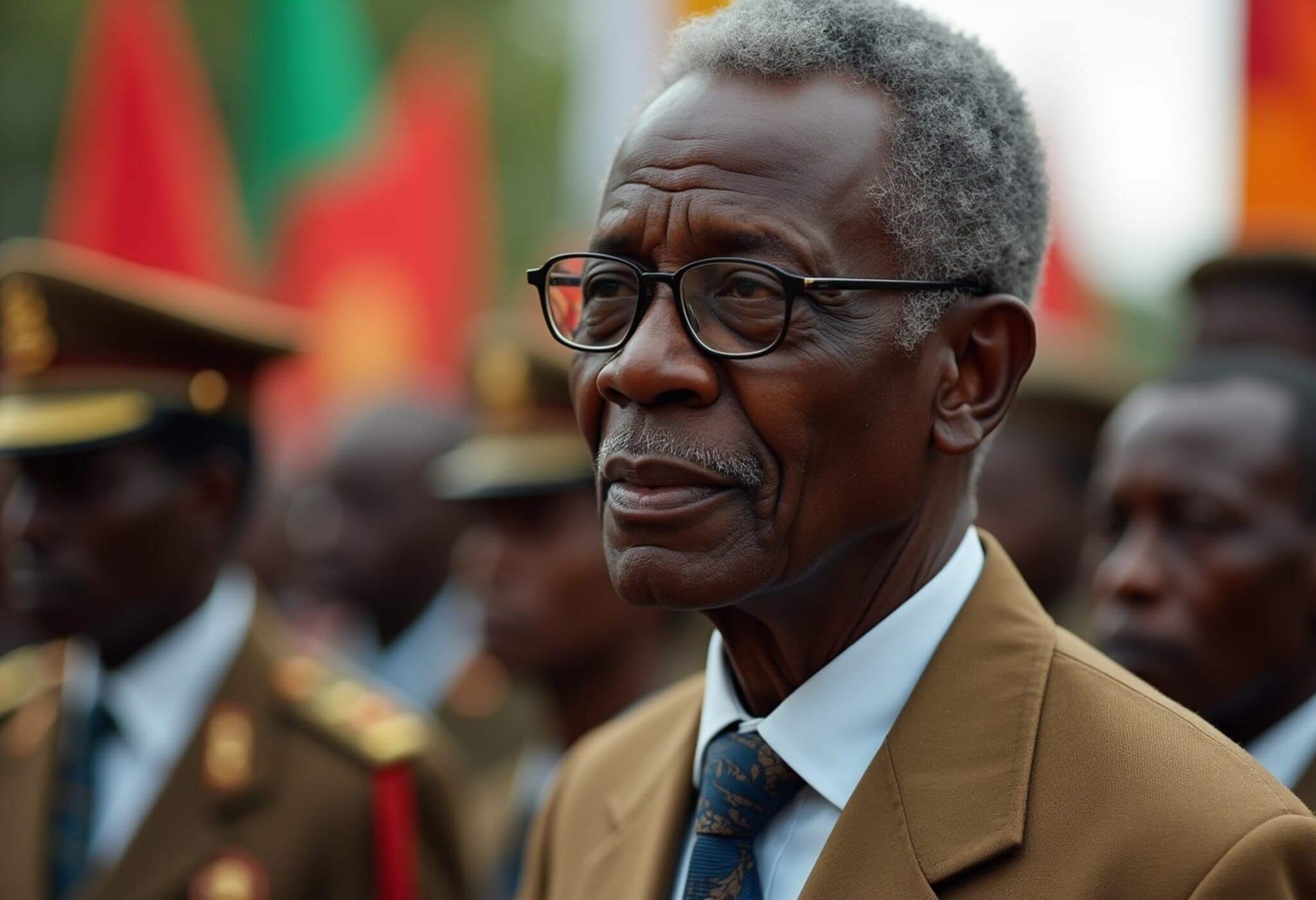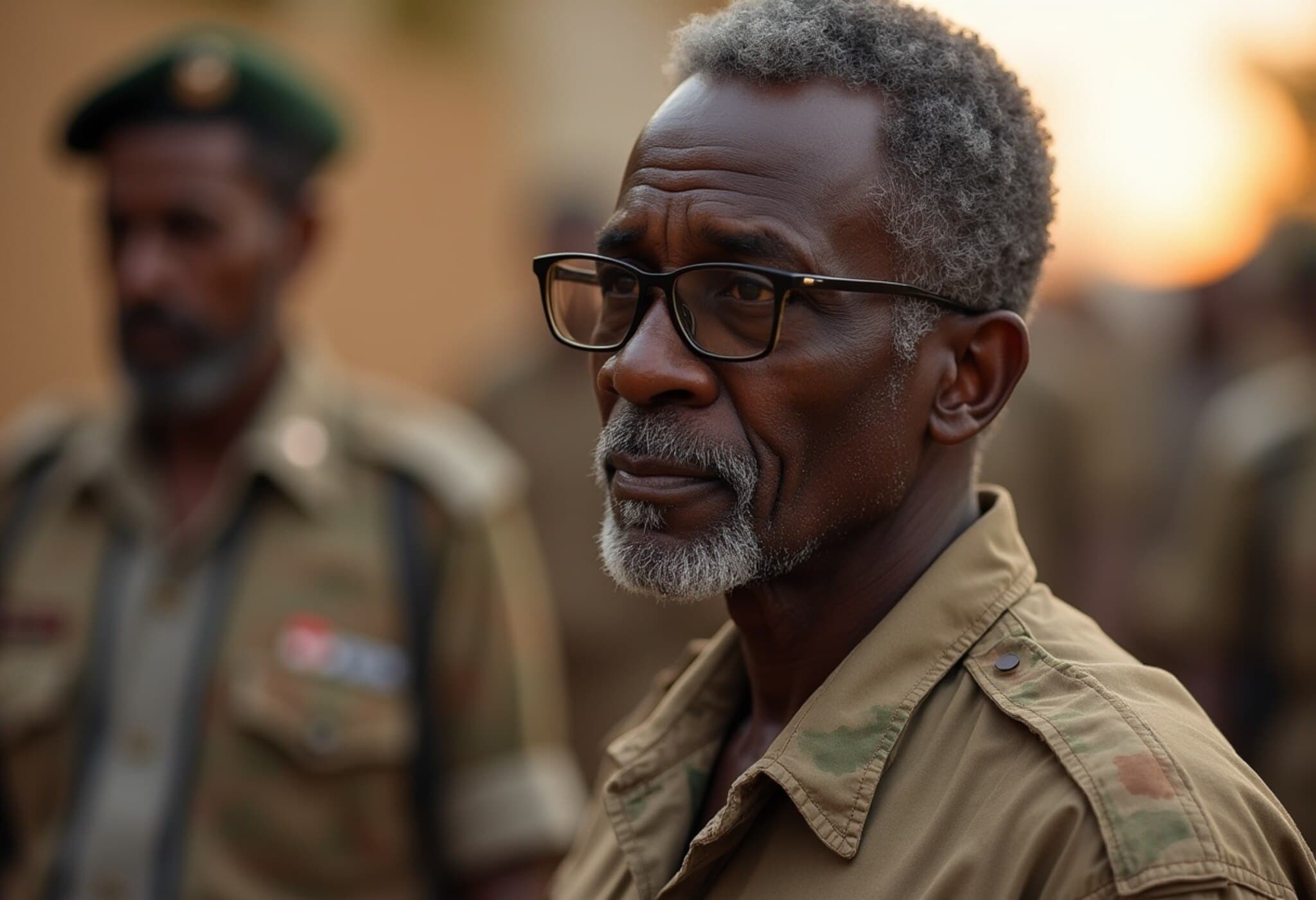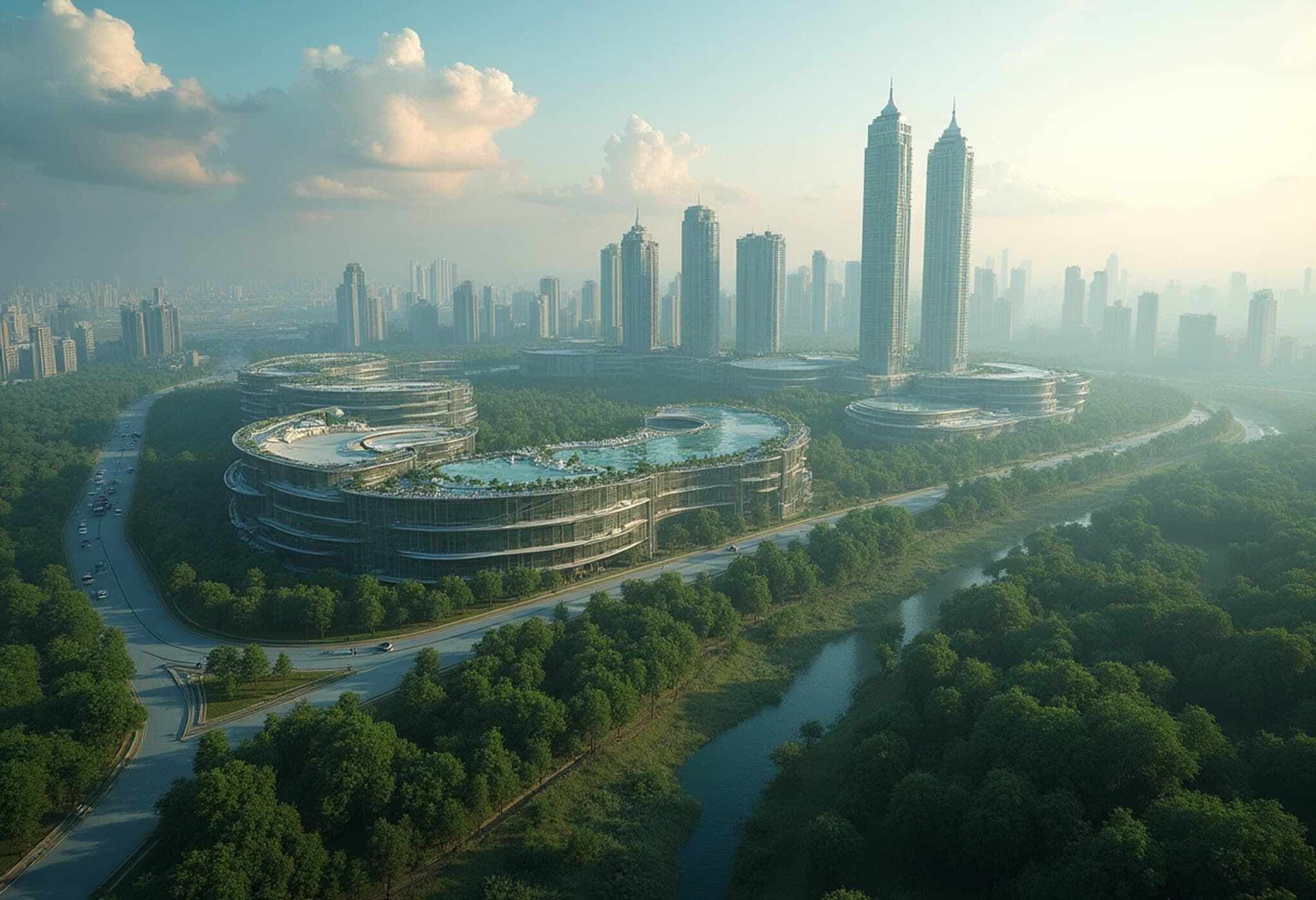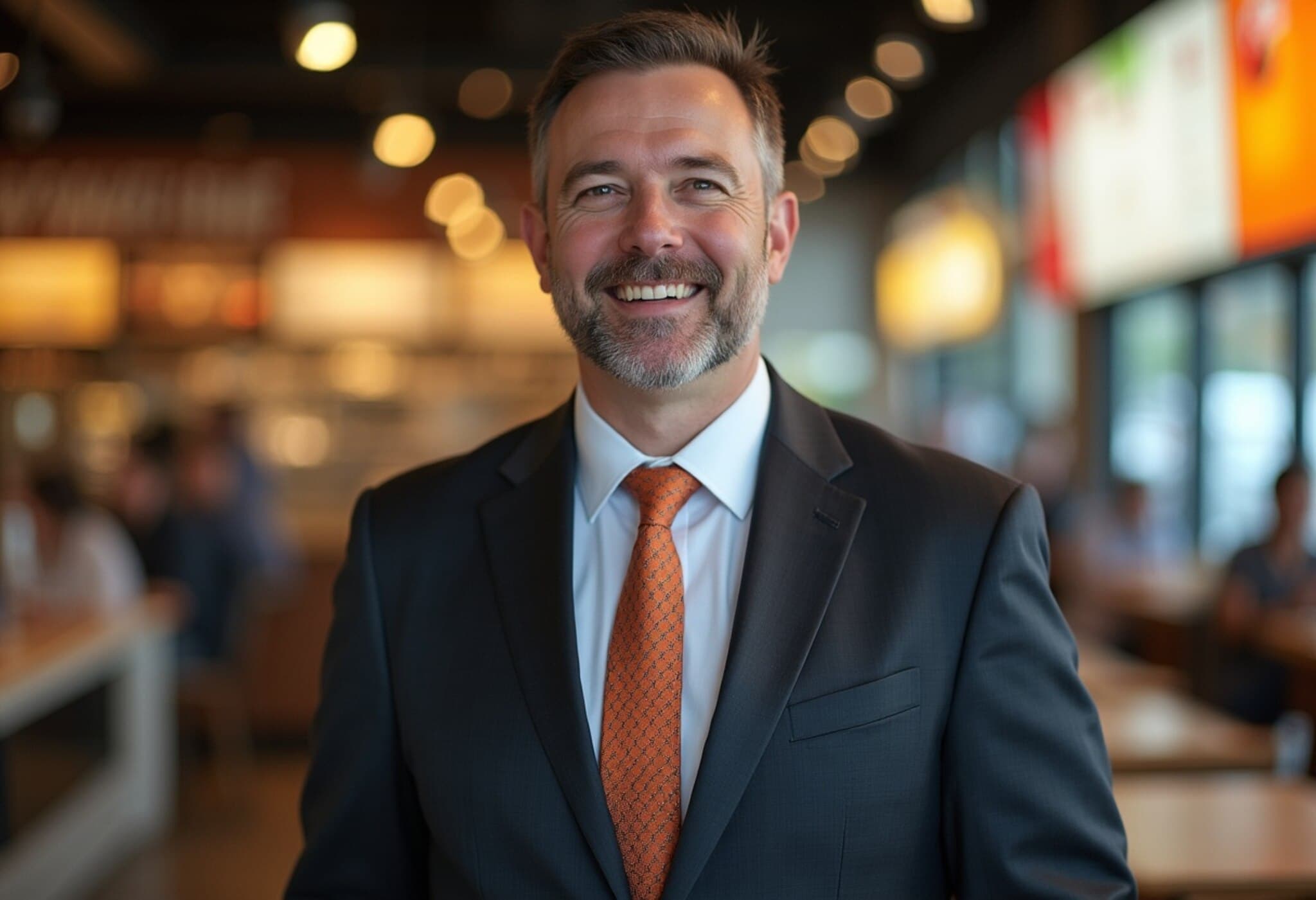Cameroon's Veteran Leader Paul Biya Pursues Another Seven-Year Term
At 92 years old and after more than four decades at the helm, Cameroon's President Paul Biya has declared his intention to run for yet another seven-year presidential term this October. His announcement, made via social media on July 13, comes amid growing frustration from large swaths of the population eager for political transformation and economic renewal.
In his tweet, Biya expressed optimistic resolve: “Together, there are no challenges we cannot meet. The best is still to come.” He pledged to prioritize the welfare of youth and women, both demographics that make up a considerable portion of Cameroon’s population.
Youth Disenchantment Grows as Economic Hardships Persist
Despite the optimistic rhetoric, many Cameroonians—especially the youth, with the country’s median age at just 18—feel left behind. Unemployment and underemployment remain high, with a recent national survey revealing that 80% of Cameroonian workers are engaged in informal or precarious jobs, subsisting often on less than $2 a day.
"Papa, you have done your best. Can you not leave for another Cameroonian to take over?" questioned Christopher Nkong, secretary general of the opposition Cameroon Renaissance Movement (MRC). The plea echoes a wider yearning across a population grappling with stagnant economic conditions, corruption perceptions, and limited opportunities.
André Ouandji, a 27-year-old motorbike taxi driver in Douala, encapsulates this sentiment: "We stopped relying on the government for anything years ago." Meanwhile, young student Serge lamented how his ambitions were tempered by systemic barriers: "My dream was to be a lawyer, but you need connections. I settled for becoming a teacher because it’s easier." Such accounts reveal a profound disconnect between everyday Cameroonians and their political system.
Political Opposition Gains Momentum Amid Election Skepticism
The opposition is rallying. Maurice Kamto, candidate of the MRC, aims to mobilize young voters and challenge longstanding incumbency. Yet mistrust in the electoral process runs deep—Cameroon's electoral commission is overseen by senior officials closely aligned with Biya’s ruling Cameroon People’s Democratic Movement (CPDM) party.
Political analysts observe a decline in electoral participation: voter turnout dropped from more than 80% in prior decades to just 53.3% in the 2018 elections, reflecting growing disillusionment. In parallel, recent resignations from two former ministers, Bello Bouba Maigari and Issa Tchiroma, who intend to challenge Biya, underscore fractures within the political establishment.
Calls for Reform and Fair Elections Intensify
- Léon Onana, a local councillor, has legally pressed for the CPDM to hold its first national congress since 2011, emphasizing the dangers of centralized power around a single individual.
- Opposition leader Kah Walla, head of the Cameroon People’s Party, declared her party's boycott, citing an unlevel playing field and restrictions on political freedoms.
Recent security concerns also cloud the election, scheduled closely after the anniversary of the Anglophone separatists’ self-declared independence in western Cameroon—a region plagued by violent conflict. Past elections, like that in 2018, witnessed deadly clashes, raising alarm bells about potential instability.
Looking Ahead: Potential for Unrest or Renewal?
The coming months are critical. Social media buzzes with talk of a “post-Biya” future, as opposition leaders urge vigilance, drawing inspiration from recent West African elections marked by peaceful youth-driven voter mobilization. At the same time, some warn of unrest reminiscent of Gabon’s contested 2023 polls, emphasizing the high stakes involved.
Nkong of the MRC voiced a poignant warning: "There will be no error in 2025. CPDM’s time has ended." This election could mark a defining chapter for Cameroon, teetering between entrenched authoritarianism and an uncertain but potentially transformative democratic awakening.
Expert Commentary: What This Means for Cameroon and the Region
From a regional perspective, Biya's continued rule exemplifies a broader challenge in Central Africa, where aging leaders often outlast their political legitimacy, and youth populations face economic marginalization. The October vote is emblematic of the tension between stability and democratic renewal in African governance.
For U.S. policymakers and international observers, the election raises pivotal questions about political reform, human rights, and the impact of prolonged incumbencies on development prospects. How Cameroon manages this transition—or stalemate—will reverberate beyond its borders, influencing regional security dynamics and economic partnerships.
Editor's Note
The 2025 presidential election in Cameroon stands at a crossroads between continuity and change. With a 92-year-old leader seeking another term amidst young citizens yearning for opportunity, the stakes extend beyond ballots to the very future of Cameroon's democracy and socio-economic fabric. As voters prepare to decide, the world watches not only for the electoral outcome but for the broader signal it sends about governance, youth engagement, and political renewal in Africa.











